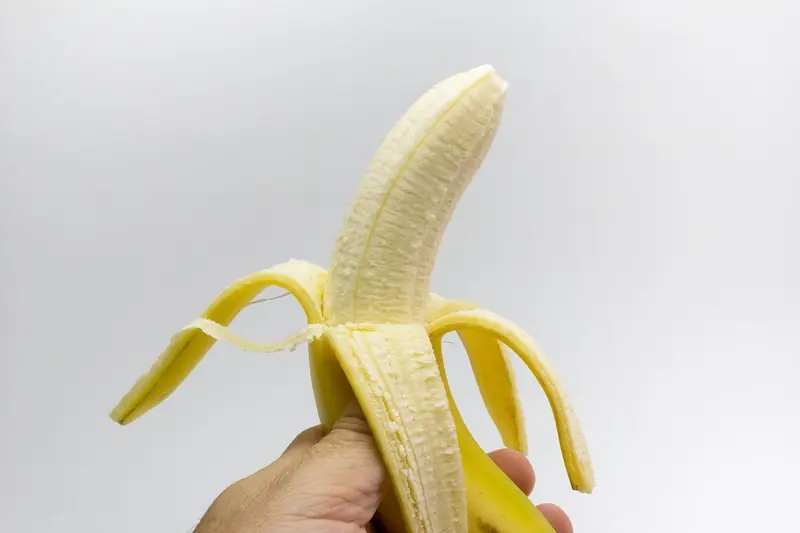
About one-third of the adult population worldwide suffers from hypertension and its complications, such as heart disease, chronic kidney ailments, stroke, and dementia.
A new study by researchers at the University of Waterloo (Canada) has revealed that managing potassium levels in the body through the consumption of bananas is key to lowering blood pressure. In fact, the effect of eating bananas surpasses that of simply cutting back on salt.
What Did the Scientists Discover?
Recently, doctors have frequently recommended that individuals with hypertension reduce their salt intake as a crucial method for managing high blood pressure.
However, in their study, the Canadian research team advised that incorporating bananas into the diet can better regulate blood pressure. They emphasized that while reducing salt intake is important, it should not be completely eliminated.
Anita Leighton, a co-author of the study, noted, “Our work showed that adding more potassium-rich foods, such as bananas or broccoli, to the diet can have a more significant impact on lowering blood pressure than simply reducing sodium intake.”
Sodium and potassium are electrolytes that help the body send electrical signals for muscle contractions, as reported by the Independent. They also play a role in other vital functions, such as water retention.
The researchers observed that increasing the ratio of potassium to sodium consumed helps combat high blood pressure more effectively than merely cutting back on sodium.
While previous studies have indicated that increasing dietary potassium helps control blood pressure, the exact balance of potassium and sodium needed for optimal effect has remained unclear.
“Although the link between excessive sodium intake and elevated blood pressure is well recognized, the beneficial effects of increased dietary potassium have traditionally received less attention,” the researchers noted.
To assess the impact of the potassium-to-sodium ratio on the body, the scientists employed a mathematical model that accounted for gender differences. They simulated various levels of sodium and potassium ions and their effects on blood pressure.
The results showed, for instance, that high blood pressure develops more frequently in men than in premenopausal women. Additionally, a higher potassium-to-sodium ratio positively influences blood pressure readings in men more than in women.
“Ancient humans consumed a lot of fruits and vegetables, and as a result, our body’s regulatory systems may have evolved to function better on a diet high in potassium and low in sodium,” suggested co-author Melissa Stadt.
In the modern Western diet, there is typically much more sodium and less potassium. This explains why high blood pressure is primarily a problem in industrial societies rather than isolated populations, Ms. Stadt added.
The findings of the study were published in the American Journal of Physiology-Renal Physiology.
